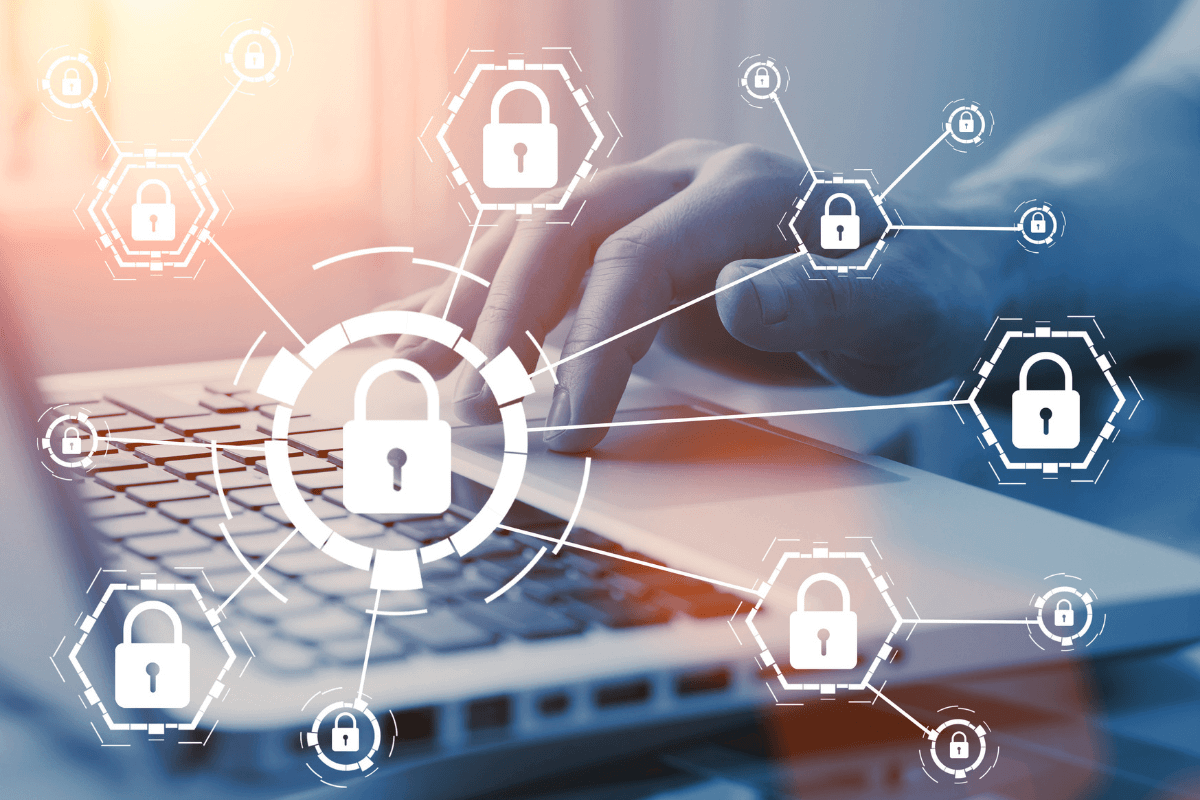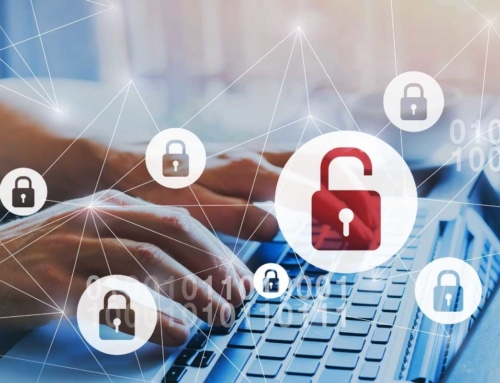It seems almost cliche, but 2020 was not an easy year for anyone. The COVID-19 pandemic led to mass quarantining, making the Internet more important than ever. Suddenly, working from home and remote classes became the new normal. Mastering apps like Zoom and Teams became vital to success. While everyone figured out how their work would be affected by this new online-centered environment, an unforeseen threat made its own contributions to the chaos.
Indeed, the FBI reported that cyberattacks became a rampant issue after the pandemic began, with up to 4,000 cybersecurity concerns per day — nearly 300-400 percent over the previous year.
Here are Some of the Most Widespread and Impactful Cyber Breaches from 2020:
Twitter Phishing Scam
Twitter saw one of its all-time largest cyber breaches on July 15, 2020, when hacked accounts sent tweets in a bitcoin scam. What set this cyberattack apart from other bitcoin scams was the type of accounts that were hacked. The July 15 tweets came from important people, such as President Barack Obama and Elon Musk. It is believed that $121,000 was stolen in this scheme.
Zoom Credential Scandal
As more business was moved to Zoom, the teleconferencing platform became a prime target for a cyberattack. Hackers gained access to 500,000 accounts and sold the user credentials for pennies on the dark web. The attack was largely the result of insecure passwords. COVID-19 forced people to use the web in ways they hadn’t previously done, and many of these people do not understand the need for strong passwords.
Nintendo Account Hack
Gamers were victims of one of the biggest cyberattacks of 2020 when up to 300,000 Nintendo Network ID accounts were compromised in late April. This attack did not seem to breach Nintendo itself, but instead, hackers targeted accounts with weak passwords and used phishing techniques for others.
Marriott Hotel Breach
Marriott is no stranger to data breaches, as they suffered a breach in 2018 as well. Once again in early 2020, the hotel chain found itself victims of a cyberattack resulting in the release of the personal information of millions of Marriott guests. Seeing as this was their second data breach in the past few years, there have been concerns that Marriott failed to respond to the vulnerabilities resulting in the first attack.
World Health Organization Email Hack
The World Health Organization (WHO) took center stage with health news dominating global events. And, again it dominated the headlines when the WHO fell victim to cyberattacks due to COVID. Hackers gained access to WHO staff email accounts and spread them through 4chan, an image-based bulletin board on which anyone can post comments and share images anonymously. The hackers wanted to access emails from key figures in the WHO, but it does not seem as though they breached important classified data.
Magellan Health Patient Hack
One of the largest healthcare companies in the United States, Magellan Health was hacked in a ransomware attack. The hackers installed malware, which they used to gain access to employee accounts. From there, they were able to obtain personal information, including social security numbers, of 365,000 patients.
MGM Resorts Guest Information Breach
In another one of the biggest cyberattacks of 2020, hackers stole the information of 10.6 million MGM Resorts guests. The company’s high-profile hotels include Vegas staples like the Mirage and the Bellagio, and the hackers obtained information of celebrities and other guests through a cloud server. While personal information was stolen, the hackers did not access financial information.
Looking Back: Top Cyberattacks of 2020
Cyberattacks are more prevalent and more damaging than ever before. Everyday apps like Twitter, services required for school and work like Zoom, and even healthcare providers have all been victims of cyberattacks in 2020.
Cybersecurity is more important than ever before. While this career path was already growing — in 2018 alone, there were 26,000 cybersecurity analyst job openings, and cybersecurity comprises up to 45 percent of all tech jobs —COVID has served as a wake-up call, reminding us of the importance of cybersecurity and diligence. To start your career in cybersecurity, contact Woz U.





